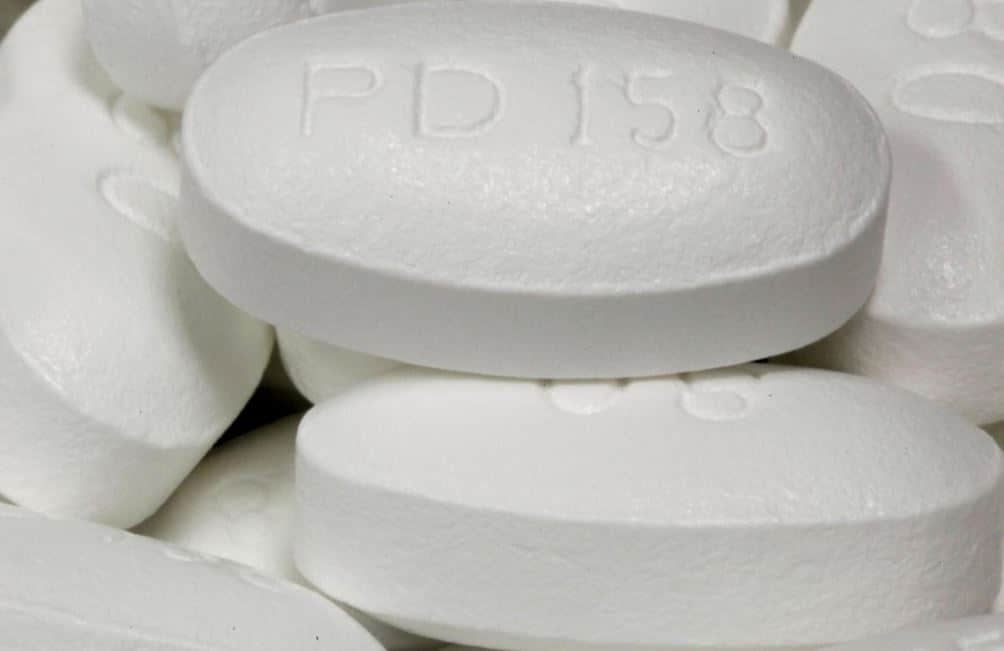Statins Cause Muscle Pain in Less Than 10% of Patients

BARCELONA, Spain — Statins have long been seen as an important intervention in preventing serious cardiovascular episodes, but many patients stop taking them over time because of side effects like digestive issues, sleep disruptions and muscle pain.
However, a study presented this week at the European Society of Cardiology Congress in Spain suggests that for more than 90% of patients on statins who experience muscle pain, the statins are not the cause.
In fact, according to the study which was published in The Lancet, while statin therapy has been found to produce a 7% relative increase in muscle pain or weakness, the researchers found no significant increase after that.
Their findings are consistent with other studies that have shown that less than 10% of people have muscle-related symptoms like muscle aches that seem to be associated with taking a statin.
“Our results confirm that, in the majority of cases, statin therapy is not likely to be the cause of muscle pain in a person taking statin therapy,” the study says. “This finding is particularly true if the treatment has been well tolerated for a year or more before developing symptoms.”
The study was conducted by researchers from Oxford Population Health and the Medical Research Council Population Health Research Unit at the University of Oxford in the United Kingdom.
Over the course of their research, the authors conducted a meta-analysis — a statistical analysis that combines the results of multiple scientific studies — of 19 randomized double-blind trials of statin regimens versus placebos.
All trials had over 1,000 participants and at least two years of follow-up.
They also looked at an additional four double-blind trials of more and less intense statin regimens.
The authors said in the trials they looked at, statin therapy caused approximately 11 additional muscle pain reports per 1,000 patients in the first year of use.
They said this finding suggests medical practitioners need to do a better job of managing patients’ pain so that they don’t forgo statins and suffer worse impacts to their long term health.
In addition, they said the profession — and drug manufacturers — need to take a closer look at the information about things like muscle pain that is available to patients in the package inserts they receive with their medication.
According to the Centers for Disease Control and Prevention, heart disease is the leading cause of death for men, women and people of most racial and ethnic groups in the United States.
There is one cardiovascular disease death every 34 seconds in the country, the CDC says.
Dan can be reached at [email protected] and at https://twitter.com/DanMcCue.
























